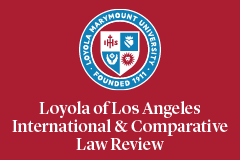Abstract
Normative legal theories, no matter whether pluralist or monist, tend to formulate what the law should be. Based on what values, either on a purely theoretical plane, or based on a single or a few paradigm contracts – the contours of which seem to be most solidified according to common opinion – like sales contracts. They fail, however, to answer the query about what happens in cases of newer-generation contracts, such as franchise contracts, one of the quintessential features of which is information and strategic asymmetry. The basic premise of this article is that given the European popularity of business format franchise originating in the United States (U.S.), asymmetry is a common concern on both sides of the Atlantic. Moreover, as the franchise regulation is in its inception in Europe, the more advanced-United States should be relied upon. The main argument of the paper is that asymmetry is a sine qua non feature of franchise that should be taken into account as a value by normative legal theories. It is also claimed that asymmetry could be deconstructed and applied mutatis mutandis to other types of contracts as well.
Recommended Citation
Tibor Tajti,
Franchise and Contract Asymmetry: A Common Trans-Atlantic Agenda?,
37 Loy. L.A. Int'l & Comp. L. Rev. 245
(2016).
Available at: https://digitalcommons.lmu.edu/ilr/vol37/iss2/4


